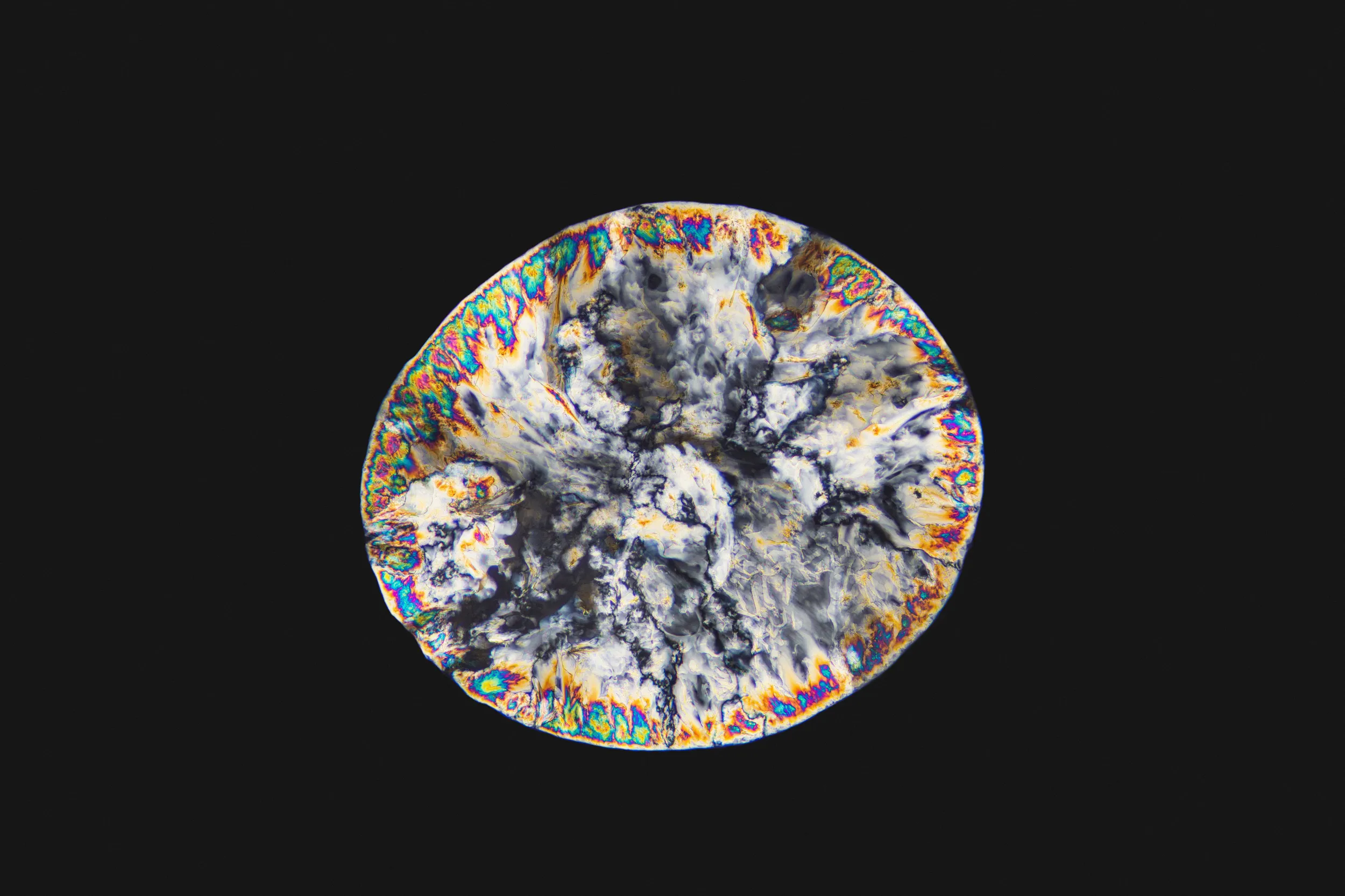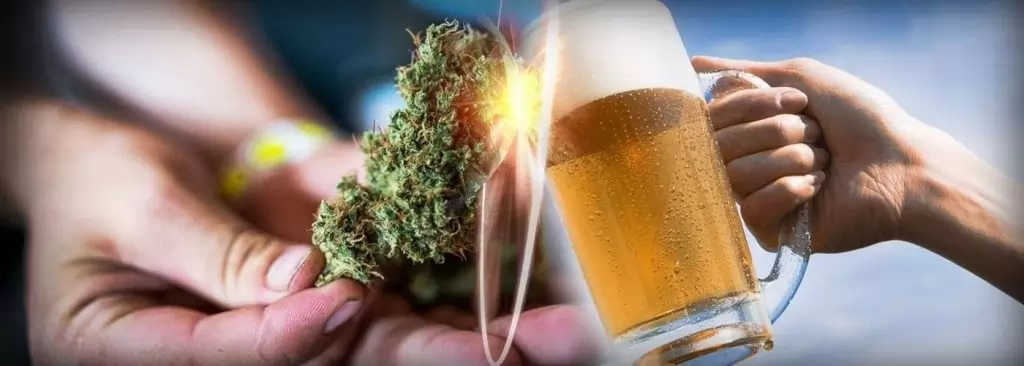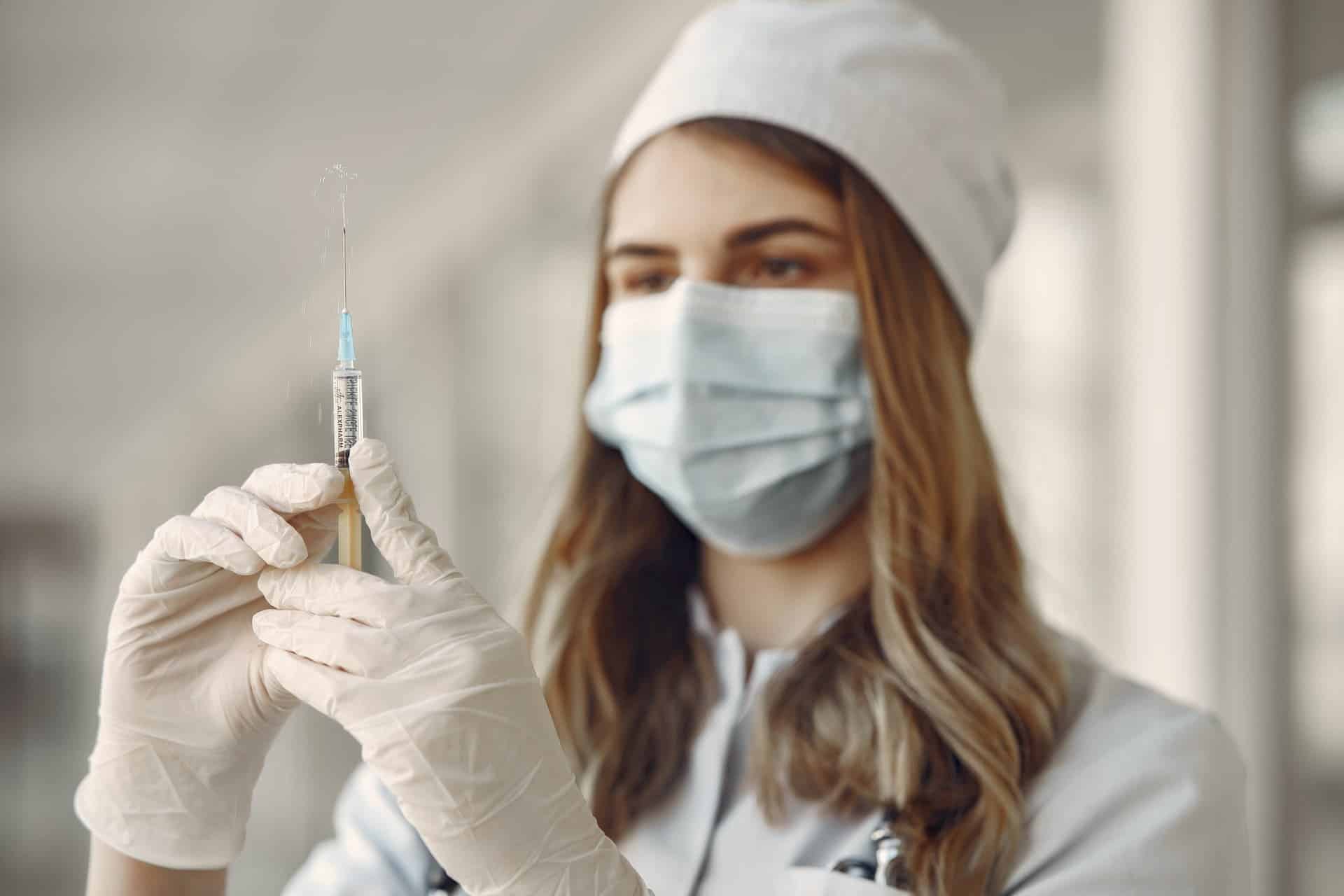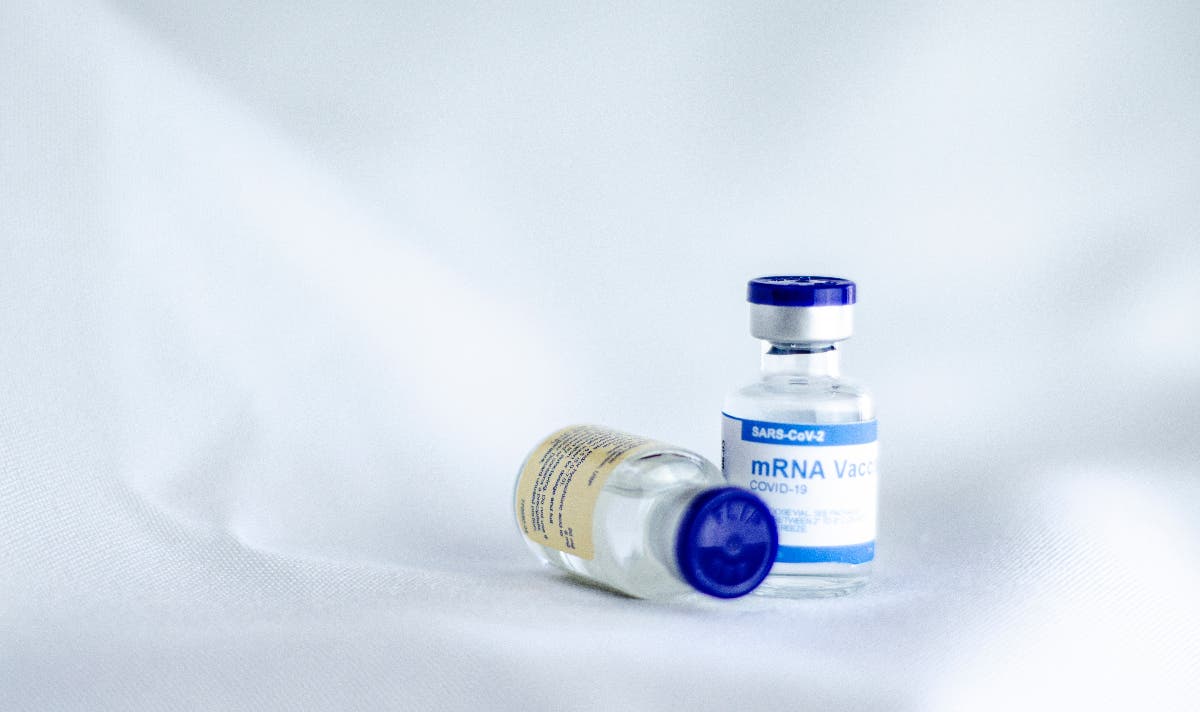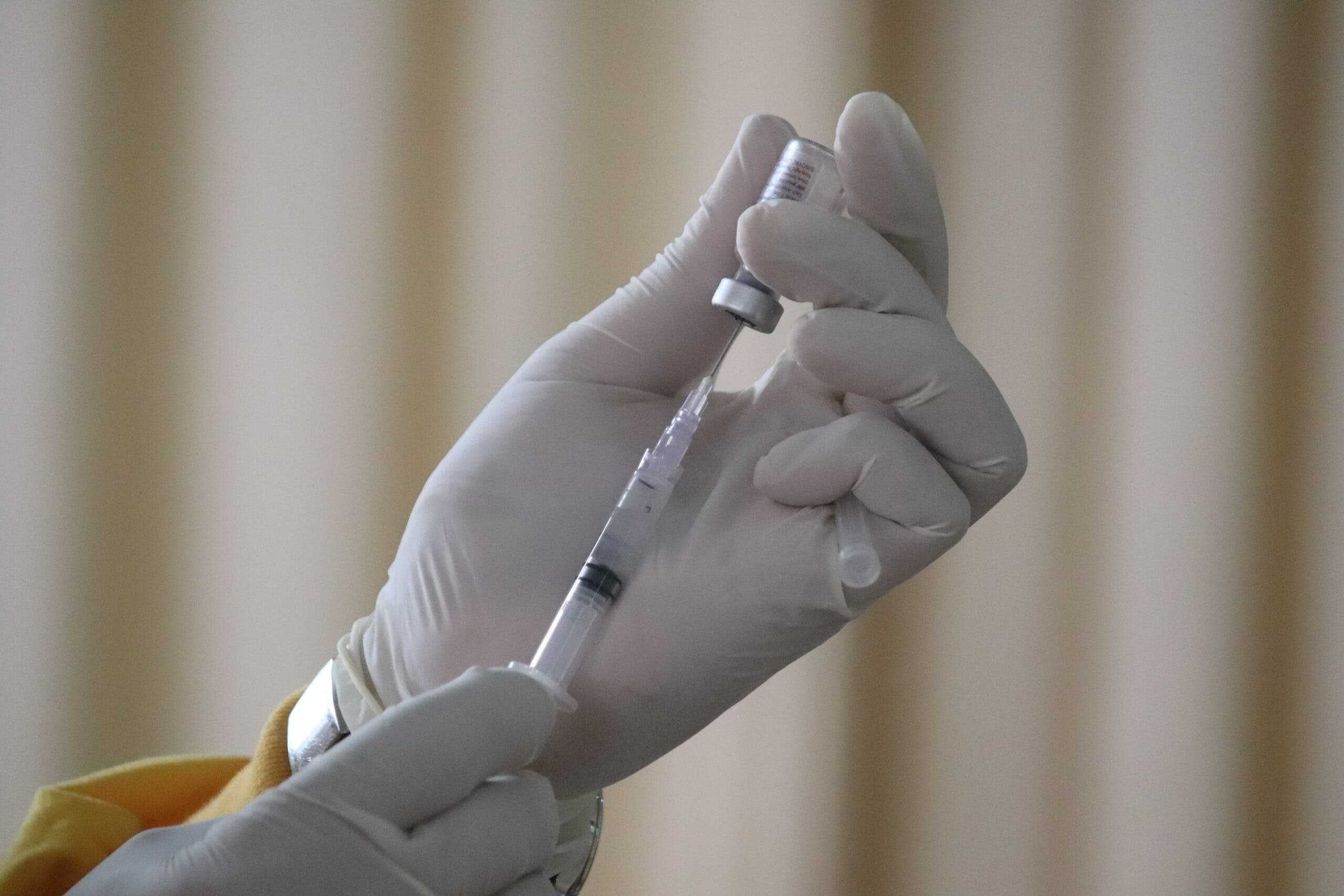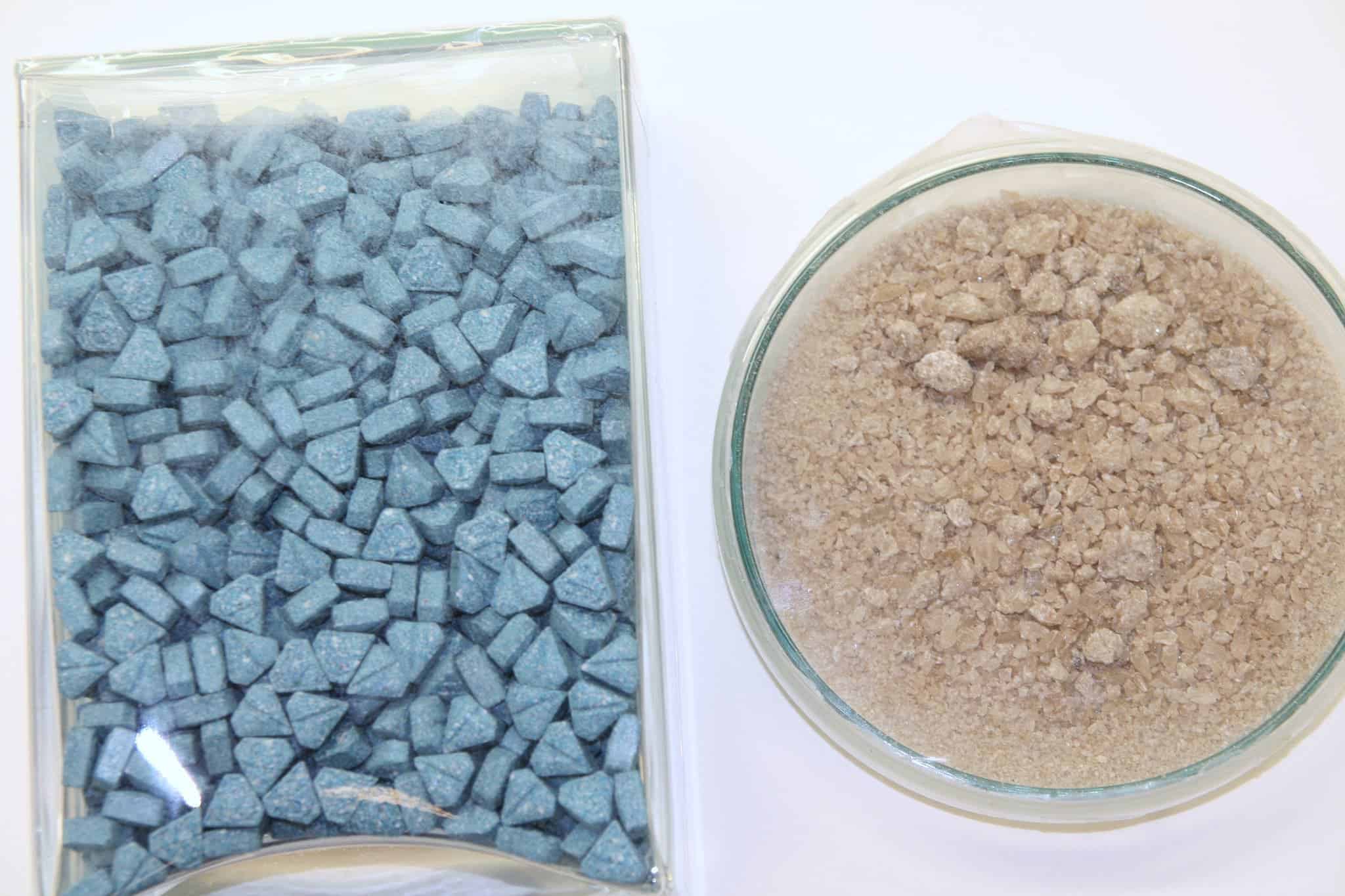The news on the vaccine front has been excellent: we have not one, but several working vaccines, with striking efficiency. But vaccines don’t immediately make everything go away, and they come with some uncertainties of their own. For instance, they take a while to kick in and they likely only offer immunity for a limited amount of time. How much time? Let’s see.

How quickly immunity sets in
Vaccines develop your immunity by imitating an infection, without actually exposing you to the virus. Sometimes, the imitation infection can cause some minor symptoms, but that’s not an actual infection — just the body building up immunity (like going to the gym sometimes gives you sore muscles, but that’s things working as expected). According to the CDC, it typically takes “a few weeks” after vaccination to achieve immunity. This is after the second dose, if it’s a two-dose vaccine.
“For some vaccines (primarily live vaccines), studies have shown that more than one dose is needed for everyone to develop the best immune response. For example, after one dose of the MMR vaccine, some people may not develop enough antibodies to fight off infection. The second dose helps make sure that almost everyone is protected,” the CDC notes.
Because it can take a while for immunity to kick in, this means that someone who was infected right before getting the vaccine could develop symptoms and get the disease.
This period before immunity kicks in can vary between different vaccines. For instance, Pfizer measured its reported 95% efficacy starting 7 days after the second dose, while Moderna measured it 14 days after the second dose. So if you want to enjoy the full immunity offered by the vaccine, you’d still have to wait a couple of weeks.
To a lesser extent, the first dose also provides immunity in some people. For instance, one recent study found that protection from taking the first dose of the Pfizer vaccine only starts after 12 days, increasing to 52% a few weeks later.
A much more pressing question, however, is how long immunity lasts after vaccination — and that’s a much harder question to answer.
How long vaccine immunity lasts
After the imitation infection goes away, your body still remembers the infection and how to fight it. Some vaccines, like ones for measles or hepatitis B can make you immune forever. For others, immunity may wane in time, and this is likely the case with SARS-CoV-2. But how long does immunity last?
The starting baseline seems to be “from 8 months up, for most people”. A recent study published in Science found that most people still have a clear detectable level of immunity after 8 months. Another study has shown that antibody levels don’t seem to decline after 4 months in people who’ve had the disease, and vaccines seem to offer much longer protection to the disease than an infection. When we put all this together, we end up with an optimistic picture: antibodies decline at a very slow rate, and could therefore last for a very, very long time — maybe several years.
“That amount of memory would likely prevent the vast majority of people from getting hospitalized disease, severe disease, for many years,” said Shane Crotty, a virologist at the La Jolla Institute of Immunology who co-led the study, for the New York Times.
Matters become complicated because it’s not just antibodies — memory B cells, helper T cells, killer T cells can all ‘remember’ and fight the coronavirus.
“Memory cells are incredibly powerful tools for our immune system and can be very long-lived, with studies showing memory B cells for smallpox persisting at least 60 years after vaccination and for Spanish flu at least 90 years after the 1918 pandemic. In order to understand whether long-term immunity to SARS-CoV-2 is possible, it’s therefore critical to consider not just effector cells but all types of memory cells – B, T helper and cytotoxic T memory cells,” writes Sheena Cruickshank, Professor in Biomedical Sciences at the University of Manchester.
So we’re in a timeline varying from “we could need vaccination every year” and “immunity could last for several years”. Unfortunately, finding a more accurate estimate will require more time and research.
But there’s one more bit of optimism: even if immunity levels drop after a while and allow infection, our immune system may still have some remnant defences and may protect against severe cases.
The problem of new variants
All the things mentioned above hinge on one single fact: we won’t have any different strains that elude immunity. The way things are going, this seems very optimistic.
We’re already seeing that the South African variant seems to affect vaccine efficacy. Though it’s not clear to what extent and all we have so far is preliminary data, there’s always a risk of a new variant emerging in a way that it can elude our existing lines of defense, and this is what we’re starting to see. Essentially, the South African variant carries a mutation called N501Y that appears to make it more contagious and another mutation, called E484K, that helps it dodge a person’s immune system.
This is not a new problem — it’s what we’ve been seeing for years with the flu vaccine. Year after year, existing vaccines have to be tweaked to adapt to the new strains that keep emerging. The good news is that the flu variants seem to mutate faster than the coronavirus ones, and it’s also easier to tweak existing vaccines than develop new ones — but new coronavirus variants will undoubtedly give us a big headache, which is why it’s essential to vaccinate as many people as quickly as possible.

